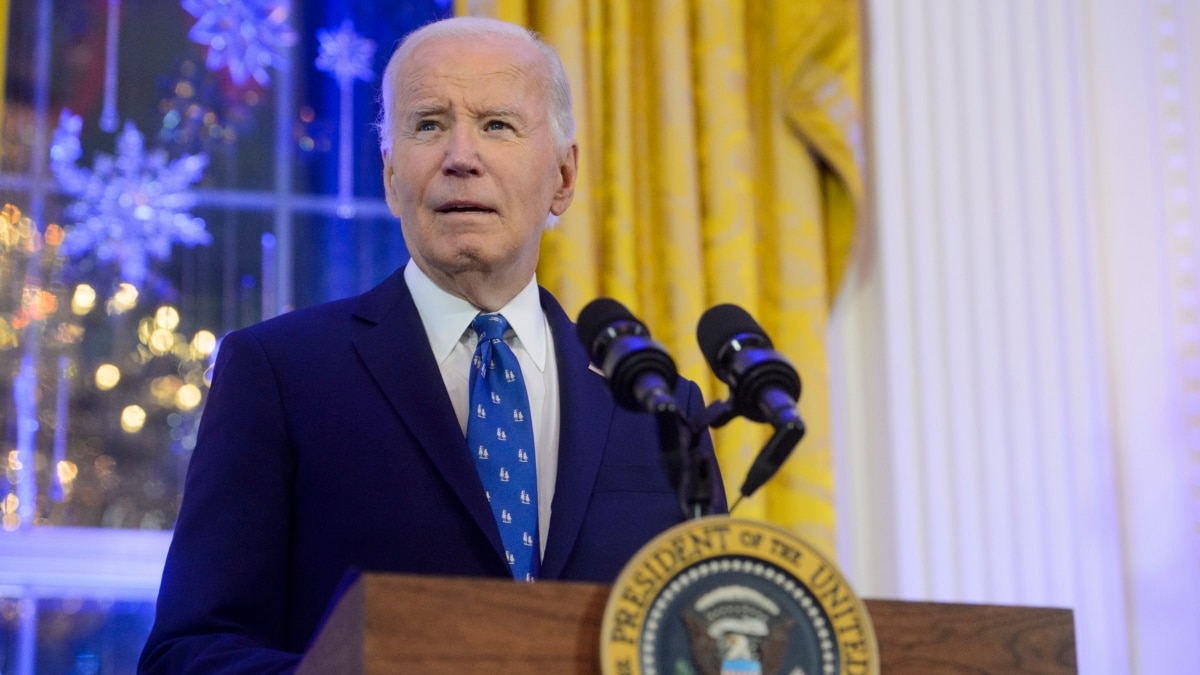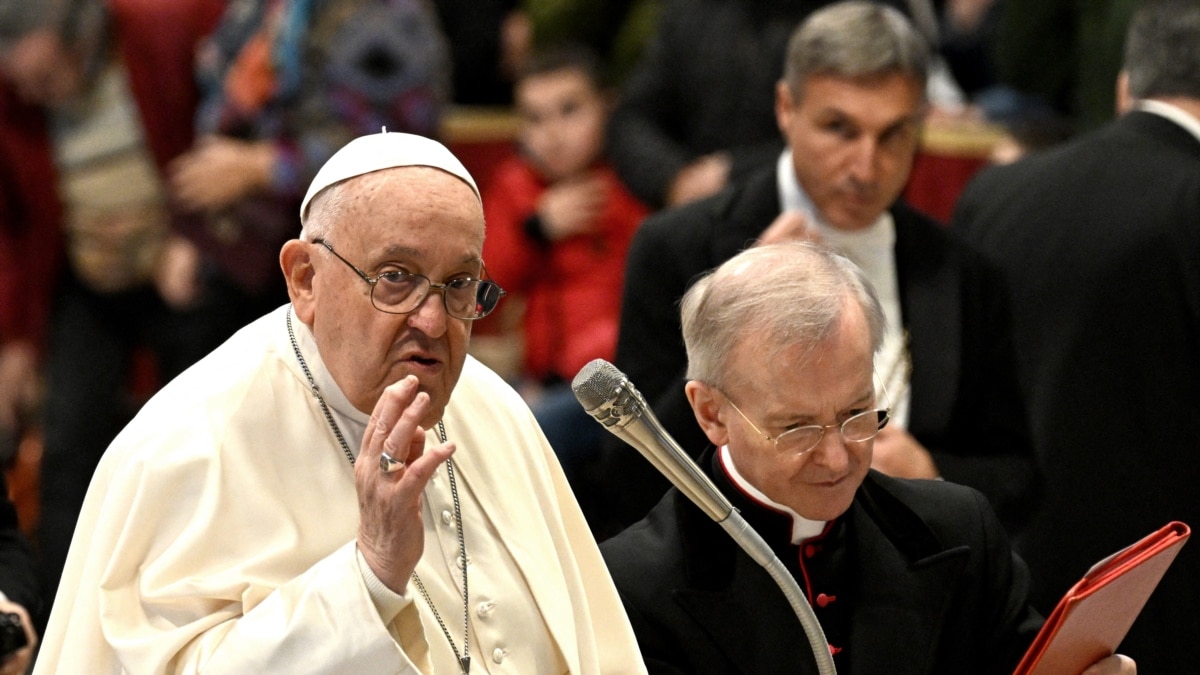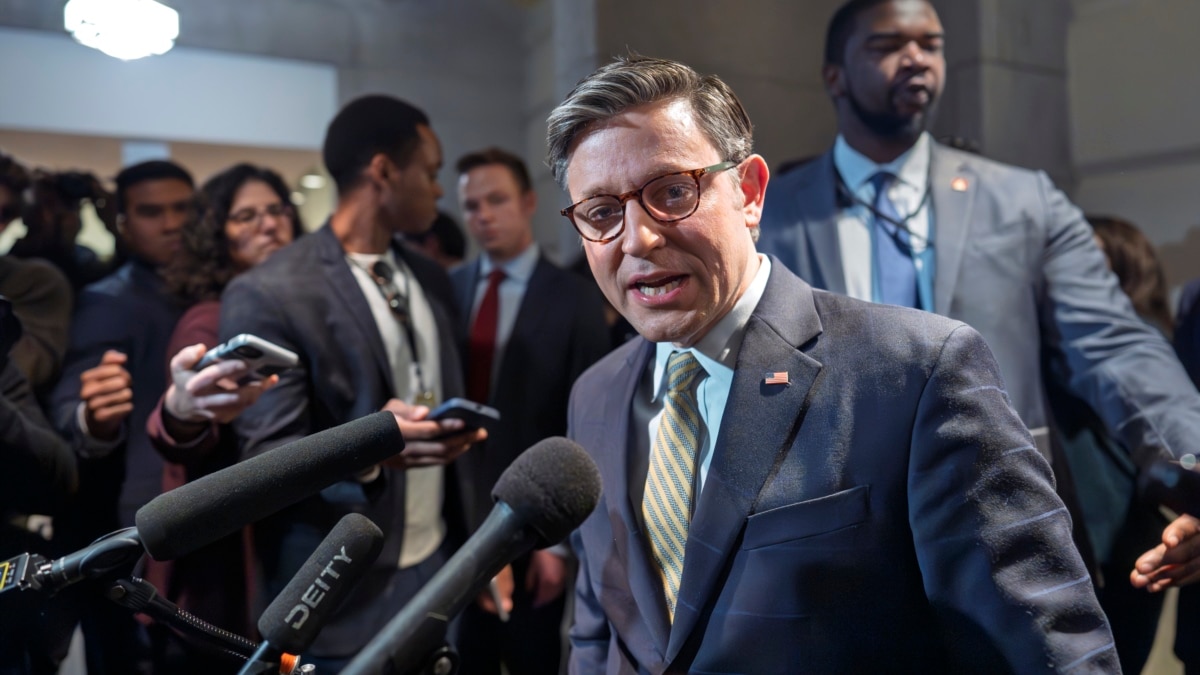Two years ago, a group of election deniers ran for office in Arizona, with Kari Lake’s campaign for governor topping the ticket. When many of them lost, it seemed like a convincing rebuke of the conspiracy theory-steeped Republicans who wanted to control the levers of electoral power in 2024.
It turned out, though, that the small matter of losing was not going to keep election deniers out of the spotlight, nor away from key roles in the Arizona Republican Party and beyond.
And neither will an indictment, it seems.
Last week, the Democratic attorney general of Arizona charged 17 people with counts including conspiracy, fraud and forgery, alleging they made efforts to overturn former President Donald Trump’s narrow loss in the 2020 election that amounted to a crime. Eleven of the people charged cast fake electoral votes in support of Trump.
The defendants who got the most attention are the ones who were closest to Trump at the time, like former Mayor Rudolph Giuliani of New York, the former White House chief of staff Mark Meadows, and Boris Epshteyn, who is one of Trump’s legal advisers. (While their names were redacted in the indictment, detailed descriptions contained in the charging documents made it easy to tell who they are.)
But the trajectory of some of the 11 local and lower-profile defendants is even more revealing. Their story shows how Republicans who sought to challenge the 2020 election results continue to face few political consequences, and how deeply their philosophy is woven into the politics of 2024 in Arizona and elsewhere.
“The party has not only not created any distance, it has continued to forcefully embrace” election deniers, said Barrett Marson, a Republican strategist in Phoenix.
Where the fake electors are now
One of those defendants, State Senator Jake Hoffman, was on Saturday elected to serve as one of the two national committeemen from the state. That will make him a member of the Republican National Committee, representing Arizona, with the power to help shape the direction of the party.
“We’re trying to take over the Republican Party. By we, I mean pro-Trump, America First, grass roots, ultra — call us whatever you want,” R.C. Maxwell, a Republican state committee member who was supporting Hoffman, told The Arizona Republic before the vote. (Hoffman said in a post on X that he was “innocent of any crime.”)
Another, Tyler Bowyer, is a high-ranking official at Turning Point USA, the influential conservative group with close ties to the state party. My colleague Nick Corasaniti recently wrote about Bowyer’s role in an effort to encourage Republicans to vote early in November. (When asked for comment, a spokesman for Turning Point directed me to an X post by the Turning Point founder Charlie Kirk that said Bowyer and the others charged had done nothing wrong.)
A third defendant, State Senator Anthony Kern, who was photographed outside the Capitol on Jan. 6, 2021 — the day Trump supporters stormed the building — was over the weekend elected to be an Arizona delegate to the Republican National Convention this summer. He is also running for Congress in Arizona’s Eighth District in a crowded primary stocked with election deniers. (In a statement, he said that “when President Trump called for my aid, I answered,” and suggested the charges were politically motivated.)
And beyond the fake electors, one of the defendants whose name is redacted is the right-wing cable personality and lawyer Christina Bobb. Bobb, who promoted Trump’s false claims about election fraud in 2020, is the senior counsel to the R.N.C.’s “election integrity” program. The committee says its efforts will involve more than 100,000 volunteers and lawyers deployed across the swing states. (She did not immediately respond to a request for comment.)
The election denier class of 2022 tries again
Election deniers directly involved in the 2020 scheme aren’t the only ones playing important roles in the state and national parties. The Arizona Republican Party is chaired by Gina Swoboda, a party activist whose nonprofit has made unsupported claims that it found irregularities in voter rolls across the country.
And the deniers are still running for office. There is Lake, who has the full support of key national Republicans in her run for the Senate. In an attempt to win over the state’s moderate voters, she has at times dialed down her denialist rhetoric — even though she is still challenging her loss in the 2022 governor’s race. She also falsely claims that Democrats plan to tip the scales this year by relying on the votes of undocumented immigrants.
Two candidates who used a wave of denialist rhetoric in their 2022 midterm races — Blake Masters, for U.S. Senate, Abe Hamadeh, for attorney general — have joined Kern in the primary for the Eighth Congressional District. And Mark Finchem, whose 2022 run for secretary of state deeply alarmed democracy experts because of the depth of his denialist claims, is back running for the State Senate.
Where it goes from here
The return of so many candidates and a party philosophy that was rejected by voters is welcome news for Democrats, who have been able to make gains in the state as the Republican Party turns away from its moderate roots.
“The Republican Party is just the gift that keeps on giving,” former Gov. Janet Napolitano, a Democrat who was in office in the early 2000s, told my colleagues Jack Healy, Kellen Browning and Michael Wines over the weekend. “They are really controlled by the far right and election deniers — and boy did that help in 2022, and I suspect it’s going to help this fall as well.”
But scholars of democracy and constitutional law worry that individuals who sought to help Trump overturn the results of the 2020 election might be willing to do it again.
“Our political culture can’t withstand too much of this election denialism long term,” said Edward Foley, a constitutional law professor at Ohio State University. “If Trump loses fair and square but doesn’t accept his loss this time around, it is a question of how all these other actors are going to behave.”
It is striking that the Arizona Republicans who have faced political consequences for the chaos of 2020 are largely not the ones who signed onto the fake electors scheme, pressured local election officials to overturn the results or echoed false claims about a rigged election.
Instead, it is the ones who refused to help that effort, like the former Arizona House speaker Rusty Bowers, who lost his 2022 primary for a State Senate seat to a Trump-endorsed candidate.
What a Trump rally sounds like now: Less ‘us,’ more ‘them’
My colleague Charles Homans has been going to Trump rallies for years, and wrote a deeply observed dispatch about what has changed since Trump first became a candidate. I asked him to sum up his key findings, although I can’t recommend highly enough that you read — and listen to — the whole piece.
-
Trump’s rhetoric on the 2024 campaign trail has escalated from his past speeches. In the first months of active campaigning last year, the former president told his followers, “I am your retribution.” Later, he vowed to “root out the communists, Marxists, fascists and the radical-left thugs that live like vermin within the confines of our country,” and warned that the most serious threat the United States faces is the “threat from within.” Even for a former president who has always tested the boundaries in his speeches, this is a step beyond what he has said before.
-
“This is how fascists campaign.” That is what Federico Finchelstein, the chairman of the history department at the New School for Social Research, said of Trump’s recent speeches. Finchelstein is among the scholars of authoritarianism who argue that Trump has moved beyond the populist politics of his presidency into what he calls “wannabe fascism.” In part, this is because of his efforts to stay in power on Jan. 6. But his speeches, too, have embraced tropes clearly associated with fascism, like declaring his rivals to be “vermin” and accusing migrants of “poisoning the blood” of the United States.
-
Trump’s claims about migrants have become more conspiratorial, too. The threat of violent crime by migrants has been a mainstay of Trump’s politics since the first moments of his 2016 candidacy. But while he once framed illegal immigration as evidence of Democratic incompetence, now he claims — without evidence — that it is part of a Democratic plot. In recent speeches, he has accused President Biden of perpetrating a “conspiracy to overthrow the United States of America” on the border, deliberately allowing in undocumented migrants in order to “collapse the American system, nullify the will of the actual American voters and establish a new base of power that gives them control for generations.”
Read the full story here.
Charles Homans contributed reporting.
on the map
Where R.F.K. Jr. will be on the ballot
In a close election, as the presidential race could be, every single vote counts. So it really matters whom people have the option to vote for.
My colleague Rebecca Davis O’Brien took a deep dive into the independent presidential candidate Robert F. Kennedy Jr.’s attempt to get on ballots around the country — an aggressive effort reliant on a phalanx of paid operatives that has already raised some accusations of impropriety. With at least three states under his belt so far — including battleground Michigan — he’s aiming his sights on other narrowly divided states like Nevada, North Carolina and New Hampshire.
See more states where third-party and independent candidates will make the ballot.




